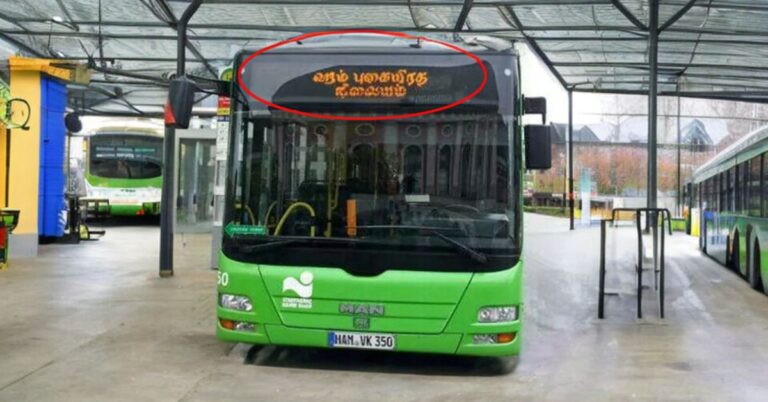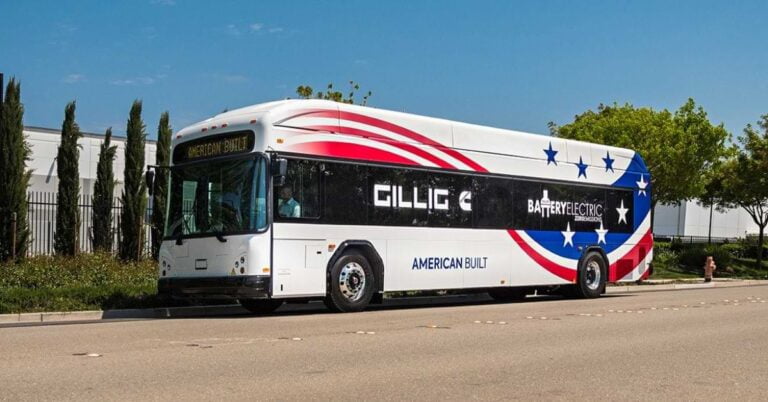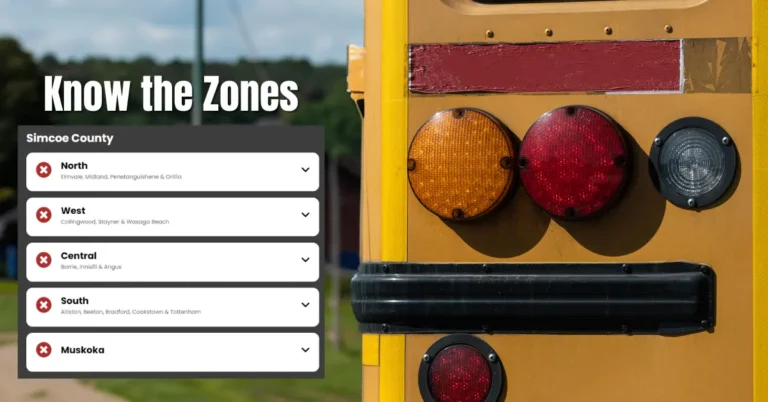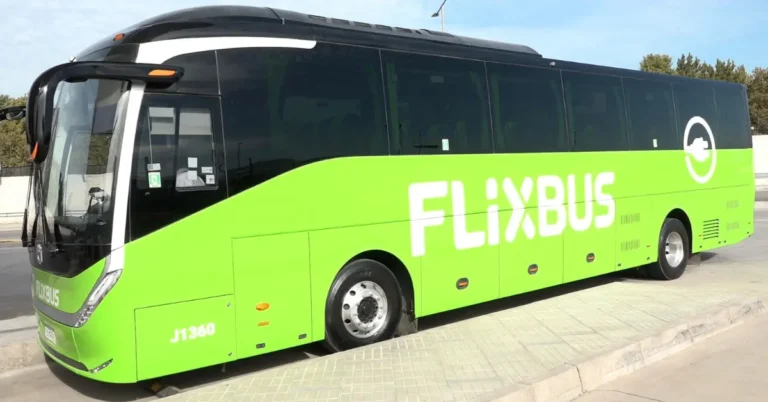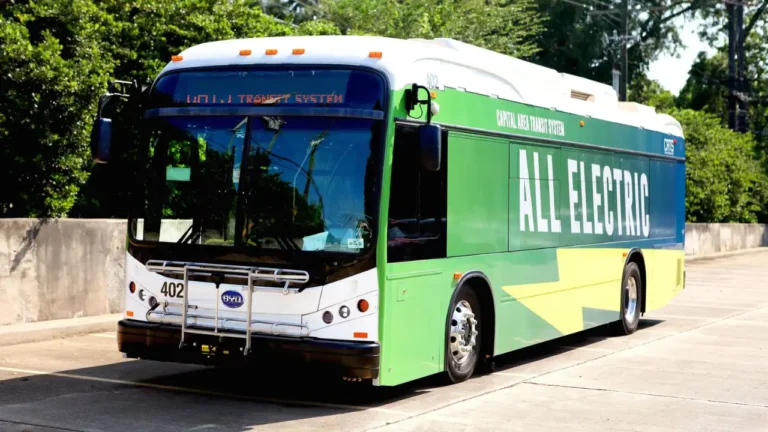Which best describes the social impacts of the Montgomery Bus Boycott?
A list of 10 pointers that best describe the social impacts of the Montgomery Bus Boycott.

The Montgomery Bus Boycott, which took place from December 5, 1955, to December 20, 1956, was a pivotal event in the American civil rights movement.
Led by prominent activists such as Rosa Parks and Dr. Martin Luther King Jr., this boycott aimed to challenge racial segregation on Montgomery’s public buses.
Beyond its immediate goal, the Montgomery Bus Boycott had profound social impacts that resonated far beyond the city itself.
In this article, we will explore the key social impact of the Montgomery Bus Boycott, considering diverse perspectives and relevant statistics.
Social Impacts of the Montgomery Bus Boycott

Here is a list of 10 pointers that best describe the social impacts of the Montgomery Bus Boycott:
1. Catalyzing the Civil Rights Movement
The boycott ignited a nationwide surge in activism for racial equality and justice. Its success demonstrated the effectiveness of nonviolent resistance, inspiring numerous campaigns like the Freedom Rides and sit-ins while propelling Dr. Martin Luther King Jr. into a prominent leadership role.
2. Desegregating Public Transportation:
One of the direct social impacts of the Montgomery Bus Boycott was the desegregation of public transportation systems across the country.
The Supreme Court’s ruling in Browder v. Gayle declared racial segregation on buses unconstitutional, setting a precedent that resonated in trains, planes, and other transportation venues.
3. Empowering the African American Community
One of the most pronounced social impacts of the Montgomery Bus Boycott was that it empowered the African American community.
The boycott provided a platform for African Americans to assert their dignity and demand equal rights. It fostered a sense of collective identity and pride, empowering communities to challenge systemic oppression and fight for a better future.
Statistics support this, with voter registration among African Americans in Montgomery increasing by 256% after the boycott.
Planning, Civil Rights, and African American Voting: The Case of Montgomery, Alabama, by Binita Mahato, Rebecca Retzlaff, and Xi Chen, published in Social Science Quarterly in 2022, mentions that voter registration among African Americans in Montgomery significantly increased after the boycott, from 891 in 1949 to 2,285 in 1958, representing a 256% increase.
4. Grassroots Organizing and Collective Action
The boycott’s success hinged on grassroots organizing and unwavering collective action.
From housewives to ministers, individuals from diverse backgrounds united against injustice, setting a model for future movements focused on collective responsibility and the power of ordinary people to create change.
5. Sparking National Attention and Support:
The Montgomery Bus Boycott garnered international attention, shining a harsh light on the injustices faced by African Americans in the South.
This widespread visibility generated sympathy and support from across the nation, mobilizing allies like northern liberals and international observers, reshaping public opinion and fueling the Civil Rights Movement’s momentum.
6. Weakening Jim Crow Laws
The boycott challenged the very foundation of Jim Crow laws, exposing their inherent unfairness and sparking legal challenges. It paved the way for their dismantling, culminating in the landmark Civil Rights Act of 1964, which outlawed racial discrimination in public accommodations and employment.
Click here to read more about the Civil Rights Act of 1964.
7. Birth of Nonviolent Resistance as a Powerful Strategy
This was one of the most powerful social impacts of the Montgomery Bus Boycott.
Dr. King’s unwavering commitment to nonviolent resistance during the boycott elevated him to a national symbol of the movement.
His philosophy of peaceful protest as a potent force for social change inspired countless activists and offered a beacon of hope in the face of segregationist violence.
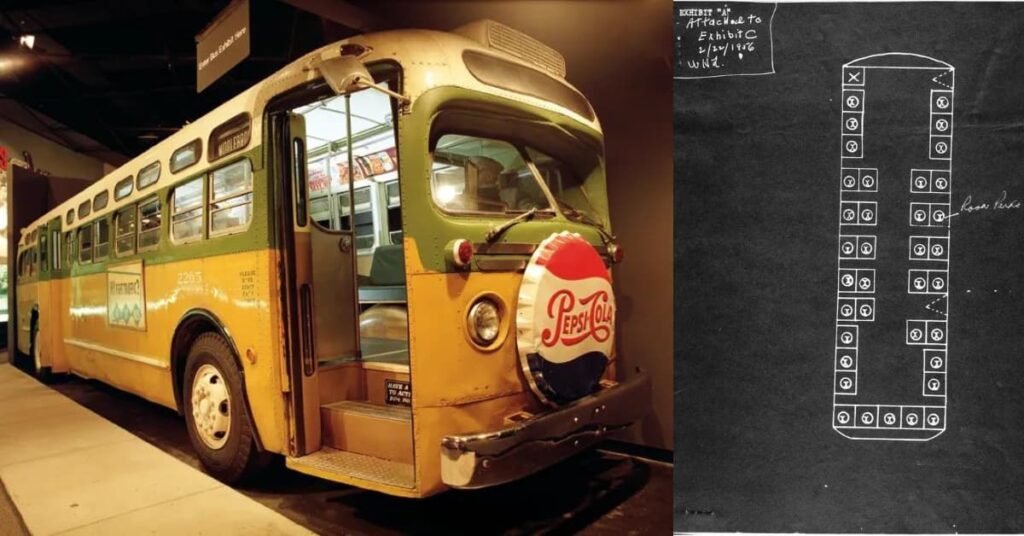
8. Economic Empowerment and Shifting Power Dynamics
The boycott’s economic impact on Montgomery was profound. Black consumers, a significant force in the city’s economy, boycotted white-owned businesses, forcing a reconsideration of discriminatory practices.
And it had a pronounced social impact.
This highlighted the economic power of the Black community and its potential to influence local businesses and economies, shifting power dynamics and paving the way for future economic inclusion.
9. Boosting Educational Opportunities
The boycott had a ripple effect on education, encouraging the integration of schools and universities. Increased federal funding, spurred by the boycott’s visibility, provided Black students with greater access to quality education, laying the groundwork for future generations to flourish.
10. A Legacy of Inspiration and a Blueprint for Change:
The Montgomery Bus Boycott’s legacy transcends its immediate outcome. It offers a blueprint for nonviolent resistance and collective action, inspiring activists across the globe to fight for equality, justice, and a more equitable world.
The Montgomery Bus Boycott was a watershed moment in the fight against racial segregation and injustice in the United States.
Its impacts extended far beyond the realms of public transportation, inspiring future activism, promoting desegregation, empowering the African American community, fostering grassroots organizing, and nurturing leaders in the civil rights movement.
The legacy of the boycott continues to remind us of the power of collective action in bringing about meaningful social change.

